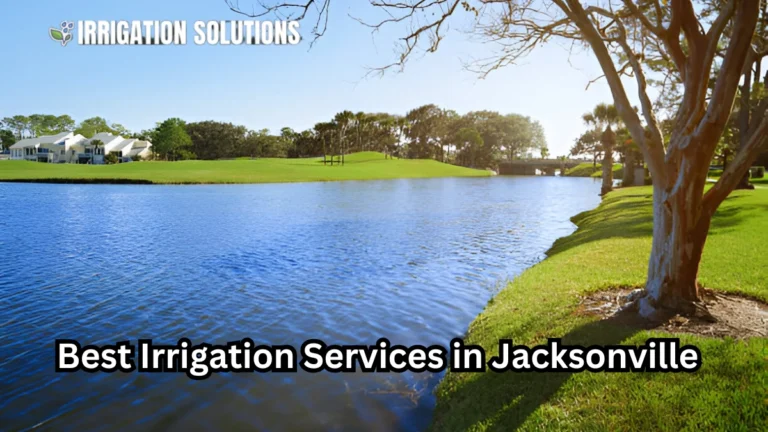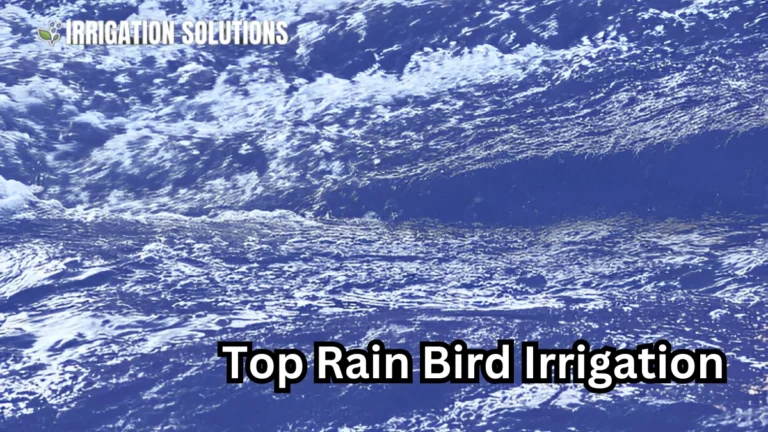irrigation systems job Today

irrigation systems job play a crucial role in agriculture, landscaping, and urban development, ensuring water is efficiently distributed to sustain plant life. Behind this essential infrastructure lies a vast array of job opportunities for skilled professionals. Whether you’re considering a career in this field or looking to hire experts, understanding the scope, skills, and market trends is vital.
In this guide, we’ll dive deep into the world of irrigation systems jobs, exploring the roles, required expertise, and opportunities in this rapidly growing industry.
Why irrigation systems job
Water is life, and irrigation systems ensure water reaches where it’s needed most. These systems aren’t just about growing crops; they are integral to:
- Sustainable Agriculture: Enabling higher crop yields by delivering precise amounts of water.
- Urban Landscaping: Maintaining parks, golf courses, and residential greenery.
- Water Conservation: Reducing waste through advanced irrigation technology like drip systems.
The professionals designing, installing, and maintaining these systems are vital to ecological balance and economic growth.
Career Opportunities in irrigation systems job
Key Job Roles in the Irrigation Industry
Irrigation systems require a multidisciplinary workforce. Below are the most in demand positions:
- Irrigation Technician
Responsible for installing, maintaining, and repairing irrigation systems. Technicians often work with tools and equipment to ensure systems function optimally. - Irrigation Designer
Designs water-efficient irrigation layouts tailored to specific landscapes or agricultural needs. This role requires expertise in soil science, hydraulics, and plant care. - System Installer
Installs irrigation hardware like pipes, pumps, valves, and controllers. Often collaborates closely with designers to bring blueprints to life. - Agronomist
Advises farmers and landscapers on optimal irrigation techniques, often integrating knowledge of crop needs and water availability. - Irrigation Manager
Oversees large scale irrigation projects, ensuring timelines, budgets, and water use goals are met.
Specialized Roles and Emerging Fields
As technology advances, new roles are emerging, including:
- Smart Irrigation Specialist: Focused on IoT enabled systems.
- Drought Mitigation Expert: Designs solutions for arid regions.
- Climate Data Analyst: Uses data to improve water efficiency in agriculture.
Skills and Qualifications for a Career in Irrigation
Essential Skills
To succeed in the irrigation field, you’ll need:
- Technical Expertise: Knowledge of hydraulic systems, soil water dynamics, and plant physiology.
- Problem Solving: Diagnosing system malfunctions and finding efficient solutions.
- Digital Skills: Familiarity with software for design (e.g., AutoCAD) or operation of smart systems.
- Physical Stamina: Many roles involve outdoor work under varying weather conditions.
Preferred Certifications
- Certified Irrigation Technician (CIT)
- Certified Irrigation Designer (CID)
- Certified Agricultural Irrigation Specialist
A Day in the Life of an Irrigation Technician
Irrigation technicians are the backbone of the industry. Here’s what a typical day looks like:
| Time | Task | Description |
| 7:00 AM | Site Inspection | Assessing the condition of existing systems. |
| 9:00 AM | System Installation | Installing new drip or sprinkler systems. |
| 12:00 PM | Lunch Break | Refueling for the afternoon. |
| 1:00 PM | Maintenance Tasks | Repairing faulty pumps or unclogging emitters. |
| 3:00 PM | Client Consultations | Discussing upgrades or scheduling follow-ups. |
Market Trends and Job Demand
Growth of the Irrigation Industry
According to recent reports, the global irrigation systems market is projected to grow by 7.2% annually, reaching over $13 billion by 2030. Factors driving this growth include:
- Rising Food Demand: A growing population increases the need for efficient agriculture.
- Climate Change: Irrigation solutions are critical in combating irregular rainfall patterns.
- Technological Advancements: The adoption of smart systems powered by AI and IoT.
Top Employers
- Agricultural Firms
- Urban Landscaping Companies
- Government Agencies
- Private Contractors
How to Start Your Career in Irrigation
Educational Pathways
While some roles only require a high school diploma, others benefit from specialized education:
- Associate Degrees: Focused on agricultural engineering or environmental sciences.
- Training Programs: Offered by organizations like the Irrigation Association.
Building Experience
Gaining hands-on experience through internships or apprenticeships is invaluable. Many companies offer on-the-job training for entry level roles.
Challenges in the Irrigation Industry
Common Issues Faced by Professionals
- Water Scarcity: Limited resources demand innovative solutions.
- Climate Variability: Unpredictable weather impacts system design.
- Labor Shortages: The industry struggles to attract young talent.
Case Study: Overcoming Water Scarcity in California
In California, innovative irrigation practices like subsurface drip irrigation have helped farmers reduce water usage by 30%, proving the power of modern techniques.
The Future of Irrigation Systems Jobs
The integration of smart technology, automation, and sustainable practices will define the future. Opportunities for tech-savvy professionals will grow as the industry adopts more data driven solutions.
Final Thoughts
Irrigation systems jobs offer a rewarding career path with endless possibilities. Whether you’re passionate about technology, environmental conservation, or hands-on work, there’s a role for you. By acquiring the right skills and staying updated on industry trends, you can thrive in this dynamic field.
If you’re ready to dive into the irrigation industry, start exploring opportunities today. The future of sustainable water management needs you!






